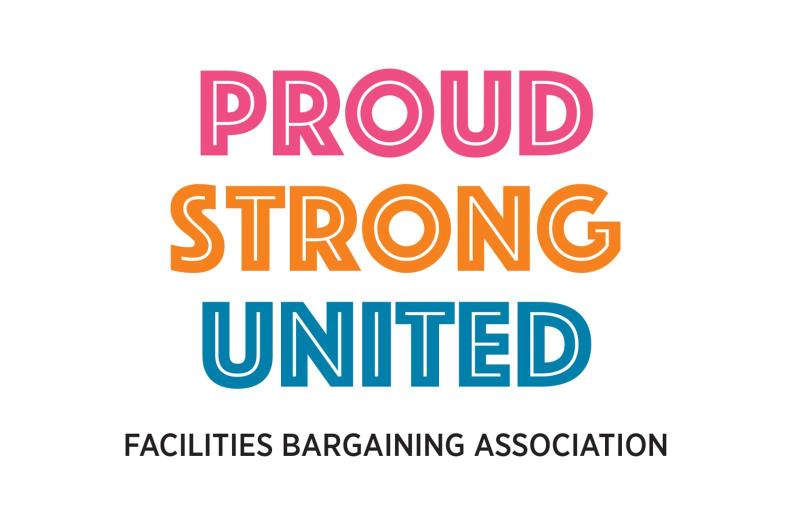Negotiations for a renewed collective agreement hit a bump this week when employer representatives initially expressed limited interest in several proposals aimed at improving members’ working conditions.
"Earlier in bargaining, the Facilities Bargaining Association (FBA) advanced several non-monetary proposals regarding exposure to harmful substances, critical incident responses and measures to reduce career-ending injuries,” says FBA lead negotiator and HEU secretary-business manager Lynn Bueckert. "However, after hearing the Health Employers Association of BC (HEABC) replies to these and other measures on June 4, FBA bargainers pressed back the following day, respectfully urging employers to reconsider the consequences of not taking action on these demands to improve working conditions.”
In B.C., the health care sector experiences the highest injury rate of any sector – more than double the provincial average in 2023. Musculoskeletal injuries caused by overexertion are the number one workplace injury for health workers.
“Members of the committee were clear that one of our key goals in bargaining is to make workplaces safer, as too many experienced and passionate caregivers suffer career-ending injuries every year,” says Bueckert. “We believe the FBA's goal to eliminate all unsafe patient lifts through better training and the use of mechanical equipment, wherever possible, would prevent these injuries from the get-go.”
In the last round of bargaining, the FBA secured access for members experiencing a critical incident to WorkSafeBC’s response program. However, not all members who suffer from a serious work-related traumatic incident receive these supports.
“After a critical incident of an unusual nature – like a code white – it is important to help our members manage their immediate reactions and prevent long-term negative effects,” says Bueckert. “Committee members let employers know that too often FBA members affected by a serious incident miss out on opportunities for supports and then suffer negative outcomes – and that needs to change.”
Another proposal the FBA raised for further consideration centres on the need for new measures to respond to the impacts of the toxic drug crisis on health care workers. Last year, illicit drug use by patients in several B.C. hospitals prompted the then Minister of Health Adrian Dix to take swift and decisive action.
“Last year, a task force struck by the province brought in new policies requiring health employers to provide more robust safety supports in response to controlled substances and illicit toxic drug use in health facilities,” says Bueckert. “Our committee reminded the HEABC that now is the perfect time for both parties to work together and establish exposure control plans in our next contract that eliminate the risk of our members coming into contact with hazardous substances.”
“Following the day two presentations by several members of the FBA, the employer recommitted to working with our committee to improve working conditions,” says Bueckert. “We’re all feeling the impact of a system that’s stretched – workers, employers, patients and residents – but only together can we make public health care better.”
Looking ahead, bargaining will pause for a week and resume June 16, where the FBA committee expects to begin addressing key monetary items. These proposals will include wages, protections from future economic instability, and wage comparability to ensure equal pay for equal work.
